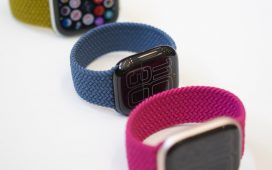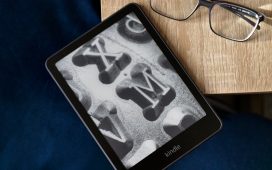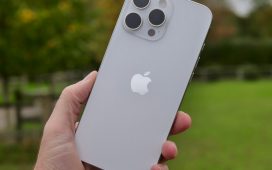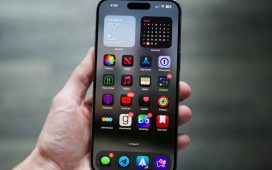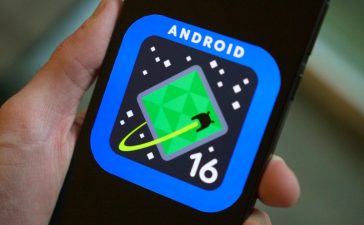Oukitel has a new smartphone on offer, namely the Oukitel WP33 Pro, which is equipped with a particularly large 22,000 mAh battery. According to the manufacturer, this provides a battery life of up to a week. Charging power is up to 33 watts, meaning that the smartphone can be recharged quite quickly. The Oukitel WP33 Pro can also function as a power bank itself and output up to 18 watts.
A MediaTek Dimensity 6100+ is used as the SoC. This promises high working speeds and also allows the use of 5G mobile networks. Dual SIM is supported. The physical RAM amounts to 8 GB and, as is now common practice, can be expanded via a type of swap file. The internal memory is 256 GB.
The 6.6-inch display is reportedly reinforced by Gorilla Glass and has a resolution of 2408 x 1080 with a refresh rate of 60 Hz. The smartphone itself has the usual design for outdoor phones, such as reinforced corners. Water, dust and drops shouldn’t pose an issue.
The robustness and the large battery capacity call for chunky housing, which is 27.2 millimeters thick and the Oukitel WP33 Pro weighs 577.5 grams. It has a 64 MP main camera and a 20 MP night vision camera, as well as a particularly loud speaker. Its volume is specified at up to 136 dB and the power at 5 watts.
The WP33 Pro is scheduled to launch on January 8 at a price of $240 and will be available for direct import. The Oukitel WP19, for example, which also has a very large battery, is available at Amazon.
Disclaimer: Notebookcheck is not responsible for price changes carried out by retailers. The discounted price or deal mentioned in this item was available at the time of writing and may be subject to time restrictions and/or limited unit availability.
I have been active as a journalist for over 10 years, most of it in the field of technology. I worked for Tom’s Hardware and ComputerBase, among others, and have been working for Notebookcheck since 2017. My current focus is particularly on mini PCs and single-board computers such as the Raspberry Pi – so in other words, compact systems with a lot of potential. In addition, I have a soft spot for all kinds of wearables, especially smartwatches. My main profession is as a laboratory engineer, which is why neither scientific contexts nor the interpretation of complex measurements are foreign to me.
Growing up in regional Australia, I first became acquainted with computers in my early teens after a broken leg from a football (soccer) match temporarily condemned me to a predominately indoor lifestyle. Soon afterwards I was building my own systems. Now I live in Germany, having moved here in 2014, where I study philosophy and anthropology. I am particularly fascinated by how computer technology has fundamentally and dramatically reshaped human culture, and how it continues to do so.





